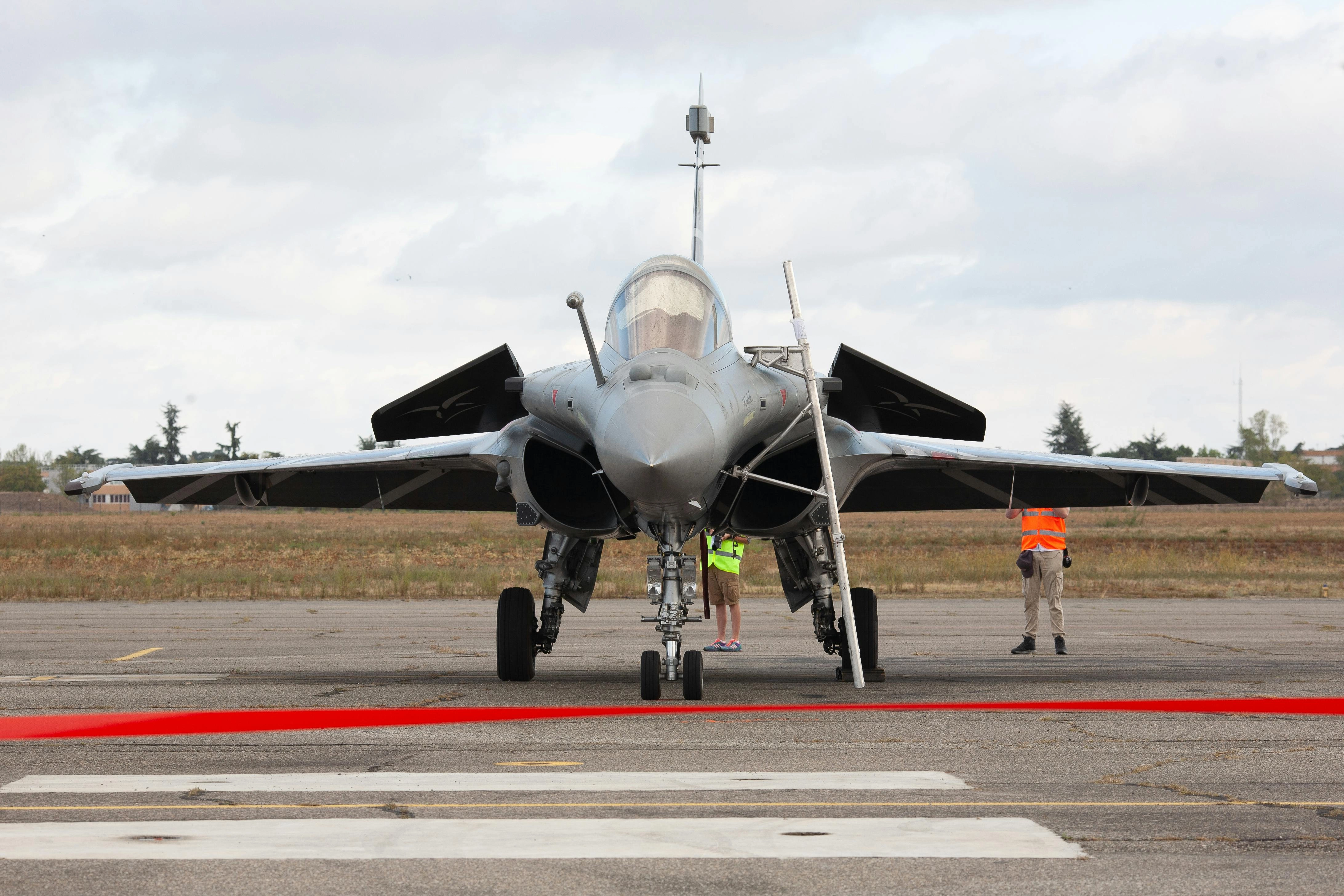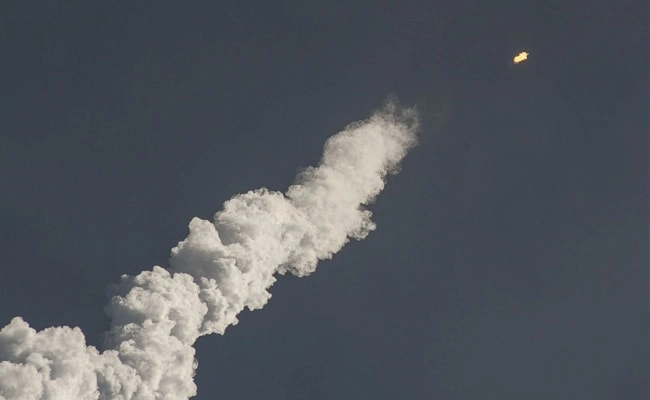Recent reports have shed light on a sophisticated diplomatic maneuver by China aimed at undermining India’s defense procurement efforts, particularly concerning the sale of Rafale fighter jets. Following heightened tensions between India and Pakistan, China allegedly leveraged its embassies around the world to influence perceptions and decisions regarding the Rafale deal. This strategic intervention underscores the lengths to which China is willing to go in order to hinder India’s military capabilities and assert its influence in the region.
The backdrop of this situation is rooted in the escalating hostilities between India and Pakistan, which have historically prompted both nations to bolster their military defenses. As India sought to enhance its air power through the acquisition of Rafale jets from France, China’s diplomatic efforts were reportedly focused on discrediting the deal and promoting alternative defense partnerships. By utilizing its embassies, China aimed to sway international opinion and potentially discourage other nations from aligning with India in terms of military support.
Moreover, this revelation highlights the broader geopolitical chess game in South Asia, where military acquisitions are not merely transactions but are deeply intertwined with national security and diplomatic relations. China, recognizing the strategic importance of maintaining a balance of power in the region, appears to be employing a multifaceted approach to counter India’s military advancements. This includes not only direct diplomatic engagement but also efforts to foster alliances with nations that might view India’s military growth with apprehension.
As the global defense landscape continues to evolve, the implications of such diplomatic strategies could have lasting effects on regional security dynamics. The actions taken by China reflect a proactive stance in its foreign policy, aiming to reinforce its position as a dominant player in South Asia. For India, this presents a challenge not only in terms of military procurement but also in navigating the complex web of international relations that dictate the availability and viability of defense partnerships. In this context, the Rafale deal emerges as not just a military acquisition but a focal point in the ongoing struggle for influence and security in a volatile region.




